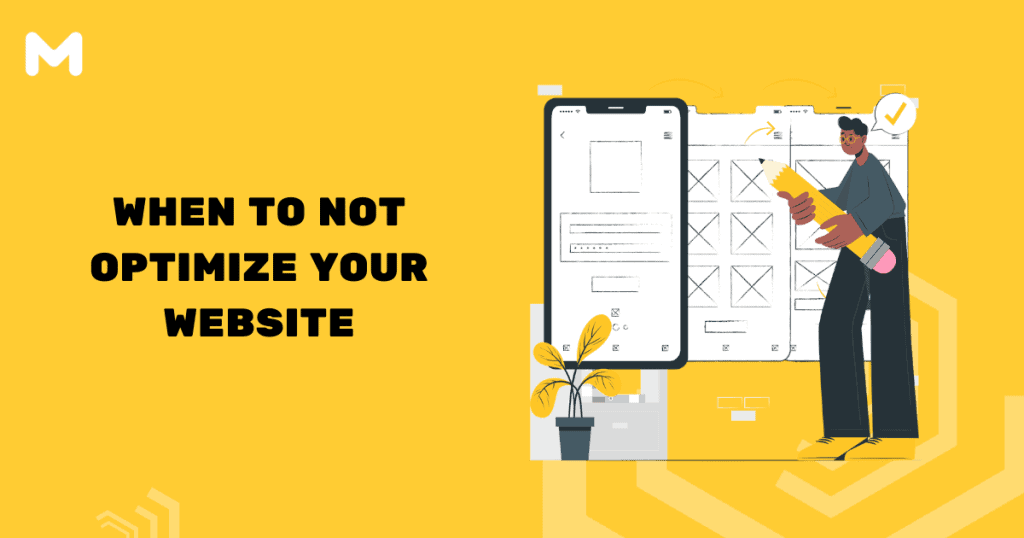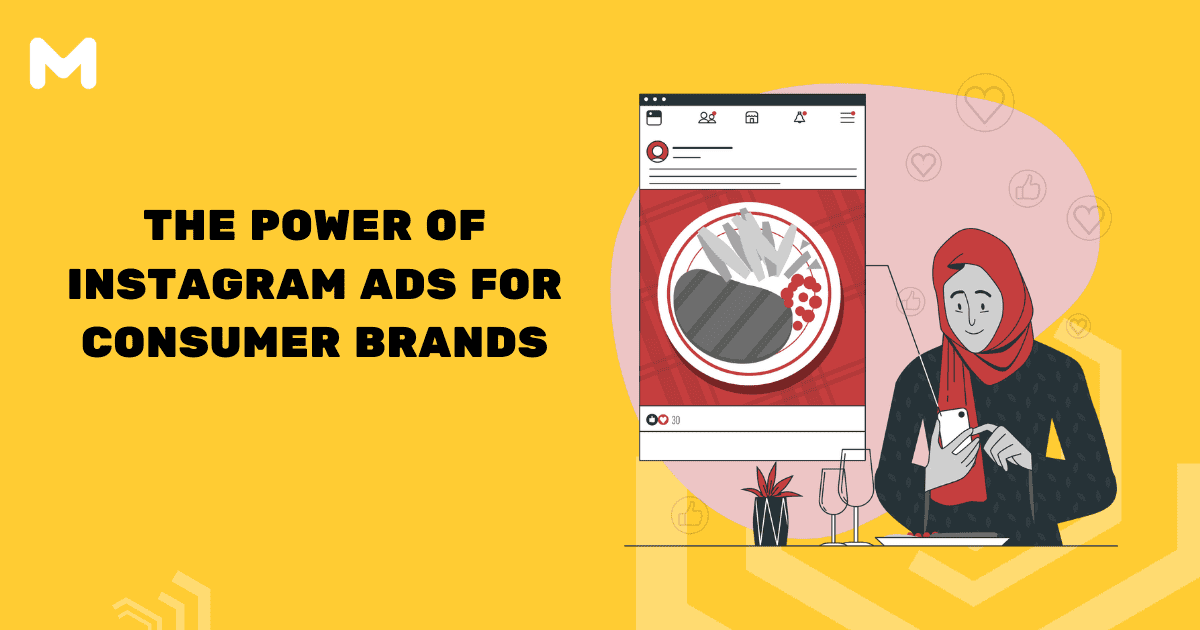Website optimization is crucial for improving search engine rankings and enhancing user experience. However, there are situations where optimizing your website may not be the best approach. In this blog, we will explore the problems that can arise when optimization is not suitable and provide solutions to address these challenges effectively.
Problems When Not Optimizing Your Website:
- Limited Resources:
One common problem is having limited resources, including time, budget, or manpower, to dedicate to optimization efforts. Optimizing a website requires ongoing maintenance, content updates, and technical improvements. Without sufficient resources, attempting optimization may result in incomplete or inconsistent implementation, which can do more harm than good.
Solution: Prioritize and Plan
Evaluate your available resources and prioritize optimization tasks based on their potential impact. Create a realistic plan that outlines achievable goals and timelines. Focus on high-priority areas, such as improving site speed, fixing broken links, and optimizing key landing pages. Consider outsourcing some tasks or seeking professional assistance to make the most of your limited resources.
- Preparing for Major Website Changes:
When planning significant changes to your website, such as a redesign, migration, or platform shift, it may not be the ideal time for optimization. Implementing optimization strategies during these transitions can introduce complexities and potentially disrupt the overall process.
Solution: Separate Optimization and Major Changes
Prioritize stability and successful implementation of major changes first. Once the transition is complete, allocate dedicated time and resources to optimize the website. This approach ensures that the optimization efforts can be executed smoothly and effectively without interfering with the larger project at hand.
- Niche or Temporary Websites:
Certain websites are created for specific purposes, such as event promotions, short-term campaigns, or limited-time offers. These niche or temporary websites may not warrant extensive optimization efforts since their lifespan is limited or their target audience is narrow.
Solution: Focus on Immediate Goals
Instead of investing substantial resources in comprehensive optimization for niche or temporary websites, concentrate on achieving the immediate goals. Ensure the website provides relevant information, user-friendly navigation, and a seamless user experience. Emphasize targeted marketing strategies, such as social media promotions or paid advertising, to drive traffic and conversions during the website’s active period. Focus on leveraging analytics to monitor performance and make quick adjustments that enhance engagement and conversion rates. Collaborative efforts with influencers or partnerships can also amplify reach, boosting website traffic effectively and maximizing the site’s impact. By prioritizing timely, high-impact strategies, you can create a strong online presence without overcommitting resources to long-term development.
- Unfavorable Competitive Landscape:
In some cases, competing in a highly saturated or extremely competitive market may make optimization efforts less impactful. If numerous established competitors have already established strong online presence and rankings, trying to outrank them solely through optimization may prove challenging.
Solution: Explore Alternative Marketing Tactics
While optimization remains important, consider supplementing it with other marketing tactics. Focus on building a strong brand identity, leveraging social media platforms, developing engaging content, and cultivating relationships with influencers in your industry. Emphasize unique selling propositions and customer engagement to differentiate yourself from competitors and attract targeted traffic.


